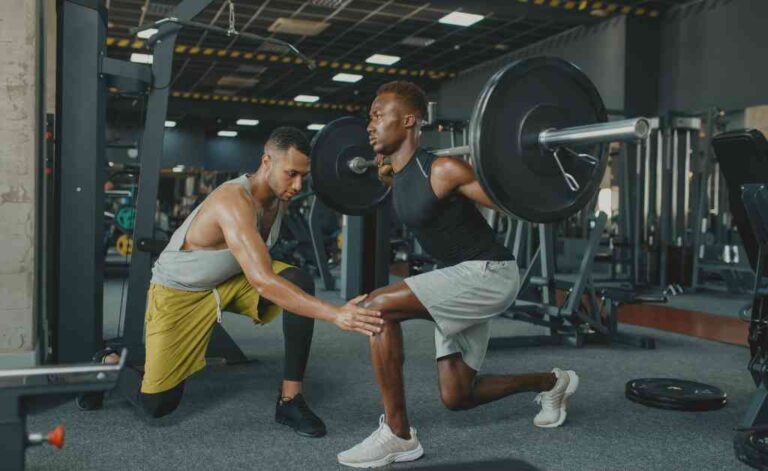When Covid-19 forced gyms to shut down for months, gym-goers struggled to keep their normal fitness routines. Gyms are finally reopening, but it can be discouraging to realize home workouts didn’t maintain progress as hoped.
You may want to quit, but I’m here to tell you to not. Take a deep breath, accept circumstances beyond your control, and use it as fuel to crush your goals.
Follow these 5 tips recommended by a trainer to get your physique back without overtraining.
Don’t overdo it
Lots of gym-goers want to make up for lost time and get fast results, but training too hard can lead to overtraining. This is a condition that results in fatigue, decreased performance, and increased risk of injury. Strength training 3-5 days a week is efficient for muscle growth. Stick with 8-12 reps per set for compound lifts and give yourself 30-120 seconds to recover between sets.
More cardio is not better
The belief that a lot of cardio will result in a sculpted physique is a myth. Although cardio is an important aspect of training, doing too much will sabotage strength training results. Cardio lasting no longer than 20-30 minutes should be implemented 2-3 days a week in conjunction with a strength training plan.
Stay consistent
The first couple of weeks returning to the gym will be discouraging, but remember why you started. Stay consistent and have the resilience to keep pushing forward even if the results are not immediate.
Eat protein-rich foods
Protein is essential for muscle growth and repair and increasing satiety. You should consume at least 0.8 g/kg of body weight daily. With the goal of building muscle mass, 1.2-1.6 g/kg protein should be consumed daily, according to a position paper by the International Olympic Committee (1). Spread protein out during the day, and try to consume at least 15 grams for each meal. Some good sources of protein are turkey, lean beef, chicken, tuna, eggs, greek yogurt, and quinoa.
Fuel your body
While participating in a strength training routine, it is essential that you are eating nutrient dense calories. If your goal is to lose fat while gaining muscle, it is best to be in a slight caloric deficit. You will still need to be consuming enough food to fuel yourself through hard workouts and activities of daily living.
For more training and nutrition tips, consult with a certified trainer or dietitian.



